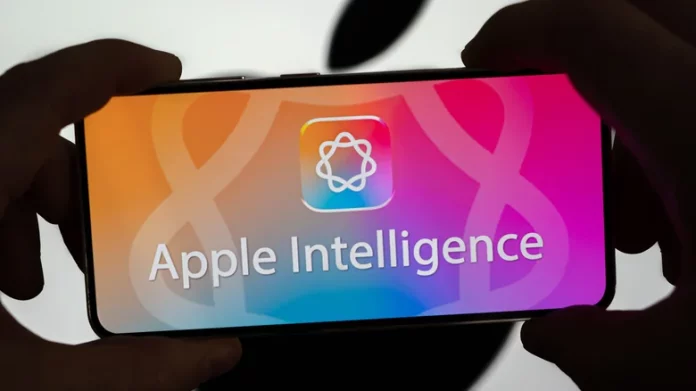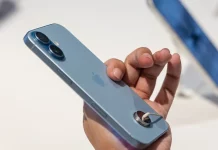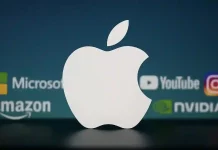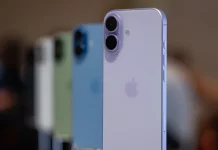The performance of Siri in the modern AI landscape is hardly a point of pride for Apple. For a company famous for software that “just works,” Siri too often fails to meet that standard. The good news: Apple knows it. The tech giant is investing heavily in revamping its voice assistant to make it smarter, faster, and more conversational—closer to the experience offered by rivals like ChatGPT and Google Gemini.
The redesigned Siri, first launched last October with a sleek new glowing interface, was a step in the right direction. Yet Apple admits it still has plenty of ground to cover. A fully reimagined Siri experience is reportedly scheduled to debut early next year.
During an earnings call, Apple CEO Tim Cook said the company is “making good progress on a more personalized Siri.” Multiple reports suggest the major update will arrive with iOS 26.4 in March 2026. But not everyone inside Apple is confident. Several engineers testing the new Siri have raised concerns about whether it delivers meaningful improvements or just cosmetic upgrades.
Engineers Voice Doubts as Launch Nears
According to Bloomberg’s Mark Gurman, some of Apple’s top AI experts are skeptical about the upcoming release—and a few may already be eyeing the exits. “I strongly believe there will be more senior members of the company’s AI ranks hitting the exits soon, especially if the new Siri coming in the spring falls flat,” Gurman wrote. Early testers of iOS 26.4 reportedly share those doubts.
Given Gurman’s solid track record predicting Apple’s moves, that’s not encouraging news. Apple doesn’t need Siri to overtake ChatGPT overnight, but it does need a breakthrough moment to prove it still matters in AI innovation.
Tim Cook Remains Confident
Despite the internal apprehension, Tim Cook remains optimistic. On a recent conference call, he reminded employees that Apple often enters markets late, only to redefine them later.
“We’ve rarely been first,” he said. “There was a PC before the Mac, a smartphone before the iPhone, and tablets before the iPad. Apple invented the modern versions of those product categories. This is how I feel about AI.”
Cook’s analogy is compelling—but the AI race is not the same as the hardware-driven revolutions of Apple’s past. Back then, superior design and hardware integration gave Apple a clear edge. In AI, the advantage lies in data, talent, and algorithmic innovation—domains dominated by faster-moving rivals like OpenAI, Google, and Anthropic. Though reports suggest former design chief Jony Ive could collaborate with OpenAI on AI-centric hardware, Apple still faces a steep uphill climb.
Apple’s AI Team Faces Poaching Pressure
Apple’s AI ambitions have also been weakened by a wave of departures. Meta, in particular, has aggressively recruited several key AI researchers and engineers from Apple in recent months. Among them is Ke Yang, who led Apple’s “Answers, Knowledge, and Information” team—the backbone of Siri’s conversational capabilities.
While Apple has immense resources to fund its AI push, losing top talent could slow the pace of innovation just when the company can least afford it. Retaining those engineers will be critical if Apple wants to rebuild Siri into the intelligent digital companion users have long expected.
All attention will turn to Apple in March 2026. Whether the new Siri marks a genuine leap forward—or another missed opportunity—will determine if Apple can reclaim its reputation as an innovation leader in the age of AI.





